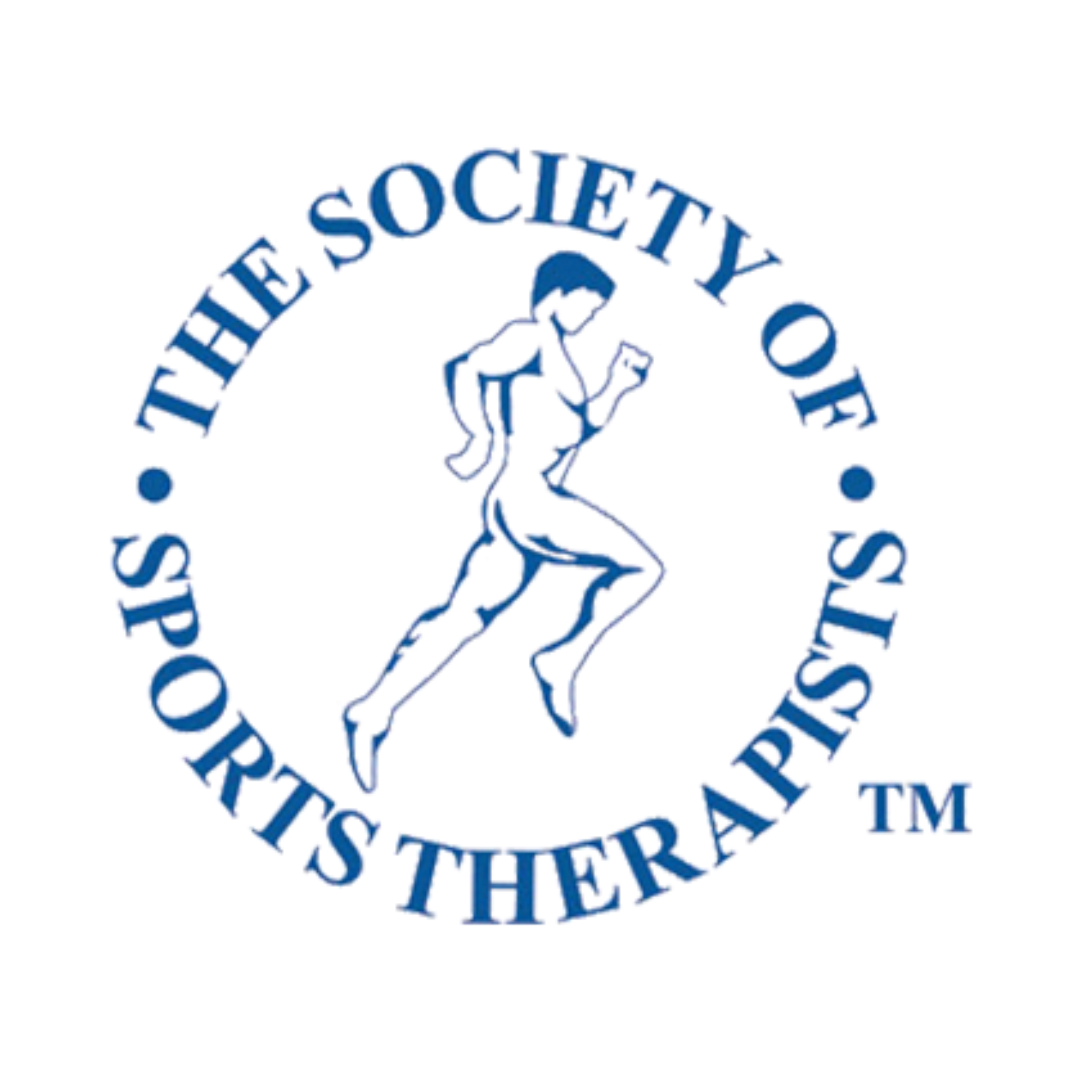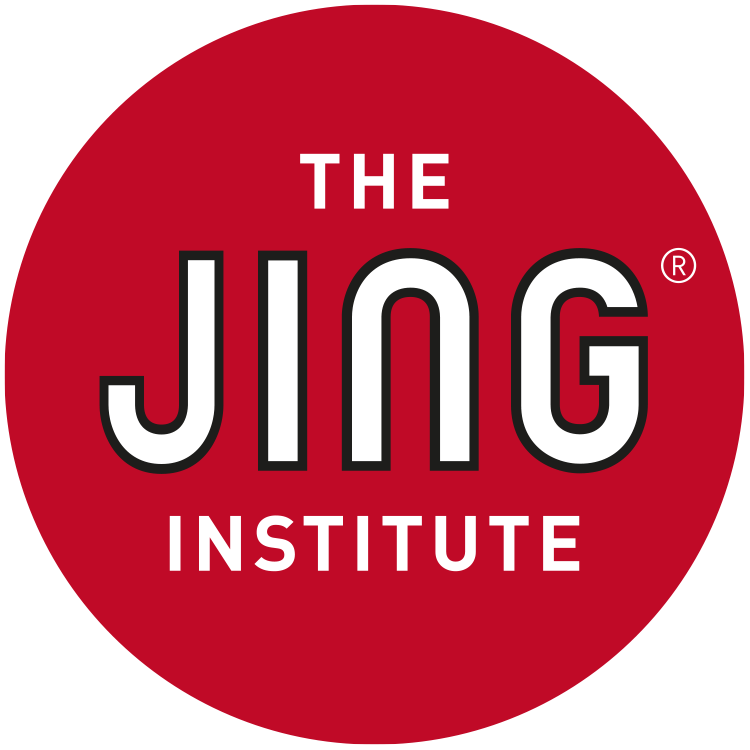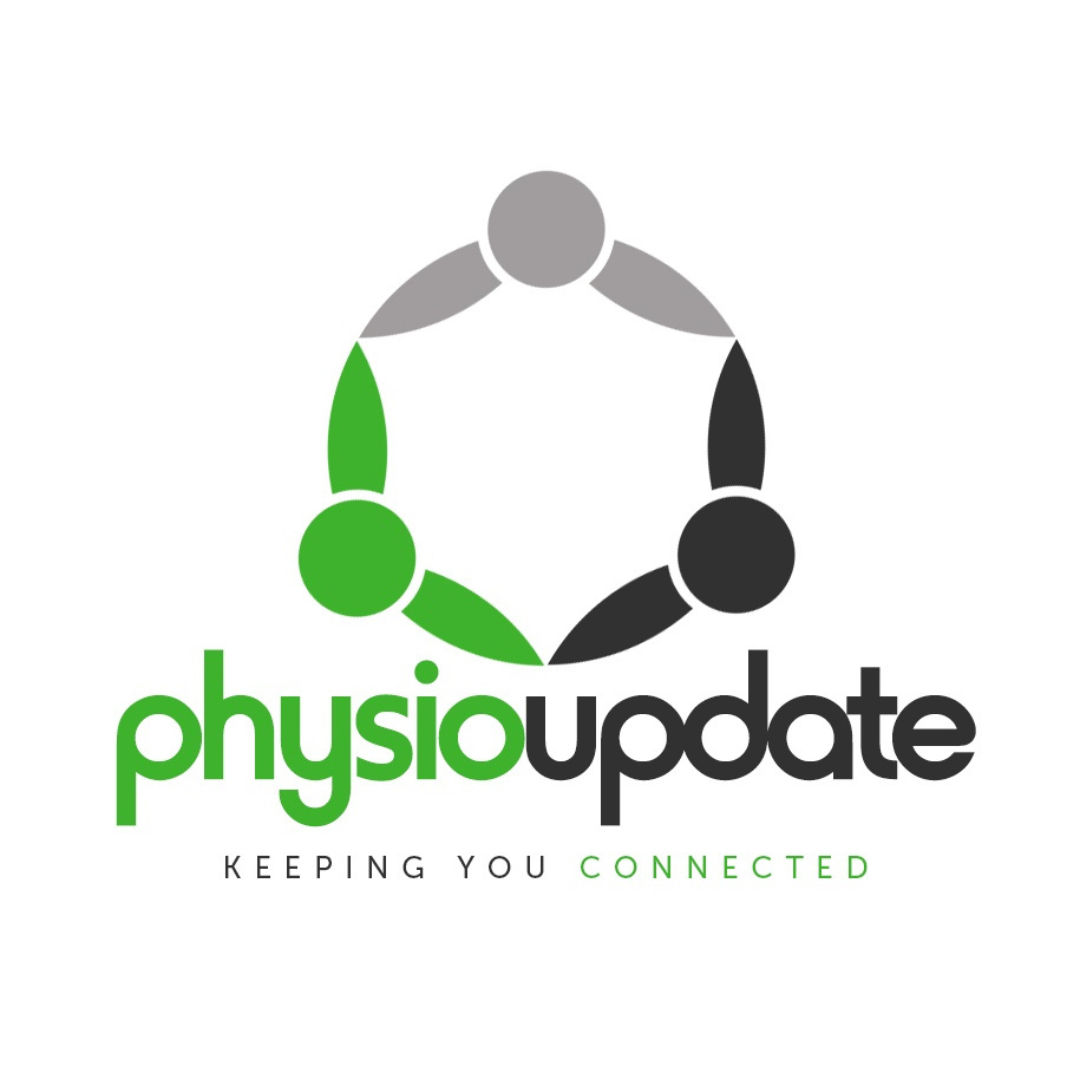Empowering athletes to reduce injuries with Steve Miller: a session recap from Therapy Expo 2023
)
At Therapy Expo, we aim to provide our delegates with the most up-to-date, educational, and thought-provoking content in our conference theatres. We cover a variety of topic areas from across the sector and aim to ensure that content is tailored for the broad range of therapy professionals our event attracts. Over the next few months, we will be revisiting some of the most popular sessions from 2023, delivered by esteemed sector professionals.
This month’s session summary will take a look back at Steve Miller’s presentation on ‘Empowering Active Populations/Athletes to Reduce Injuries'.
Steve is a Sports Physiotherapist with UK Sports Institute (UKSI), GB Judo and is the Founder of Grow Physio Academy. Steve has represented medical teams in English Premiership Rugby for Newcastle Falcons, British Gymnastics, LTA and has represented medical teams at the Olympic & Commonwealth Games.
His presentation focused on empowering athletes by shifting a portion of the responsibility of rehabilitation from therapists to the athletes themselves through self-assessment and monitoring, using both high-tech and low-budget tools. He also explained how collaborative efforts among medical professionals, coaches, and athletes are essential for injury prevention and optimal performance.
Using the mantra: ‘practical, accessible, and applicable’, Steve emphasised the importance of gathering practical information that can be applied across various athlete populations, from amateur runners to elite athletes.
He shared the anecdotal example of working with elite athlete Bruno Guimaraes, a football player for Newcastle United. Here he highlighted the rigorous medical assessments involved in signing elite players. These assessments range from subjective injury history evaluations to physical examinations and fitness testing. He stressed the bespoke nature of such assessments, and the importance of tailoring them to the needs of each athlete, particularly in sports such as football where thorough scanning is more prevalent due to higher financial stakes.
Despite the availability of high-tech equipment, Steve emphasised how valuable information can also be gleaned from lower-budget tools like cones, measuring tapes, and handheld dynamometers. Anything able to provide objective data will aid in athlete assessment.
A significant part of the talk revolved around the importance of involving athletes in their own assessment process. Steve underscored the athlete's role in self-assessment and monitoring, using a live monitoring system for British judo athletes as an example. This system allows athletes to check key measures daily, compare them to their baseline data, and then adjust their training accordingly.
Steve also touched on injury prevention and the challenges faced in contact sports such as rugby and judo. A key point is the need for collaborative efforts among medical professionals, coaches, and athletes in understanding injury trends, timing, and prevention strategies. He stresses the importance of being proactive rather than reactive in managing athlete health. For example, adding additional elements of recovery and preparation work around critical times such as competition periods.
He goes on to introduce the concept of a personal monitoring system, where athletes are responsible for checking various markers like hip internal rotation, knee-to-wall distance, and sit-and-reach tests. These markers provide insights into an athlete's readiness to train and potential injury risks. Whereas some markers may indicate potential for injury in specific joints/limbs, a collection of multiple markers may indicate overall fatigue. The collected data is then compared to the athlete's baseline to identify any deviations, allowing for more accurate injury prediction and therefore timely interventions.
Furthermore, Steve discussed the importance of recovery strategies, highlighting the role of readiness scores in determining an athlete's recovery state. He emphasised the need to optimise recovery to ensure athletes are at their best during training and competition periods alongside a focus on developing a proactive approach to athlete health and understanding the role of readiness monitoring in achieving consistency and success in sports.
Watch the session recording below:
If you want to purchase access to all the 2023 session recordings for just £20+VAT, please contact our delegate manager at a.bajraktari@closerstillmedia.com


.png)
.png)

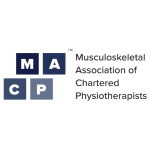



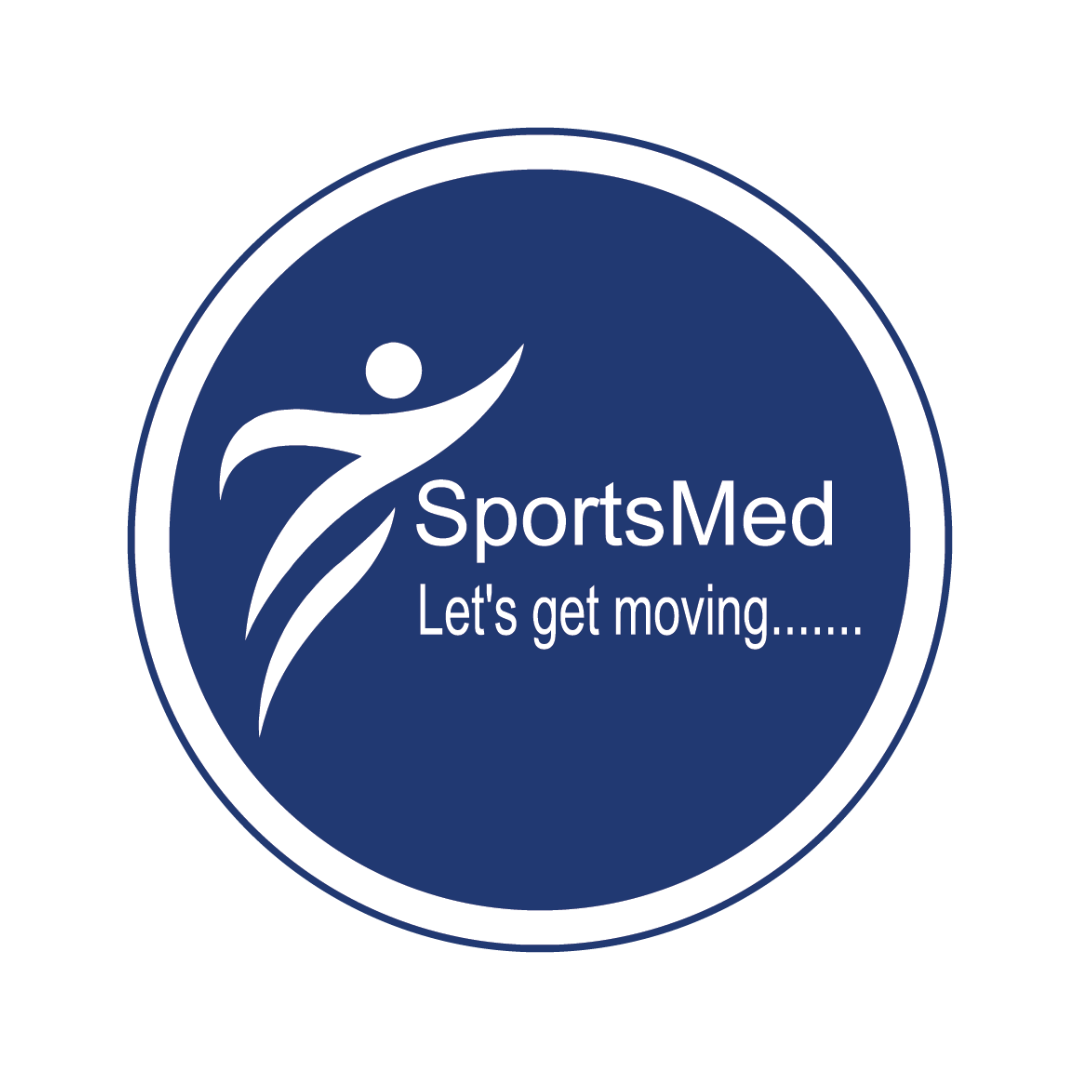


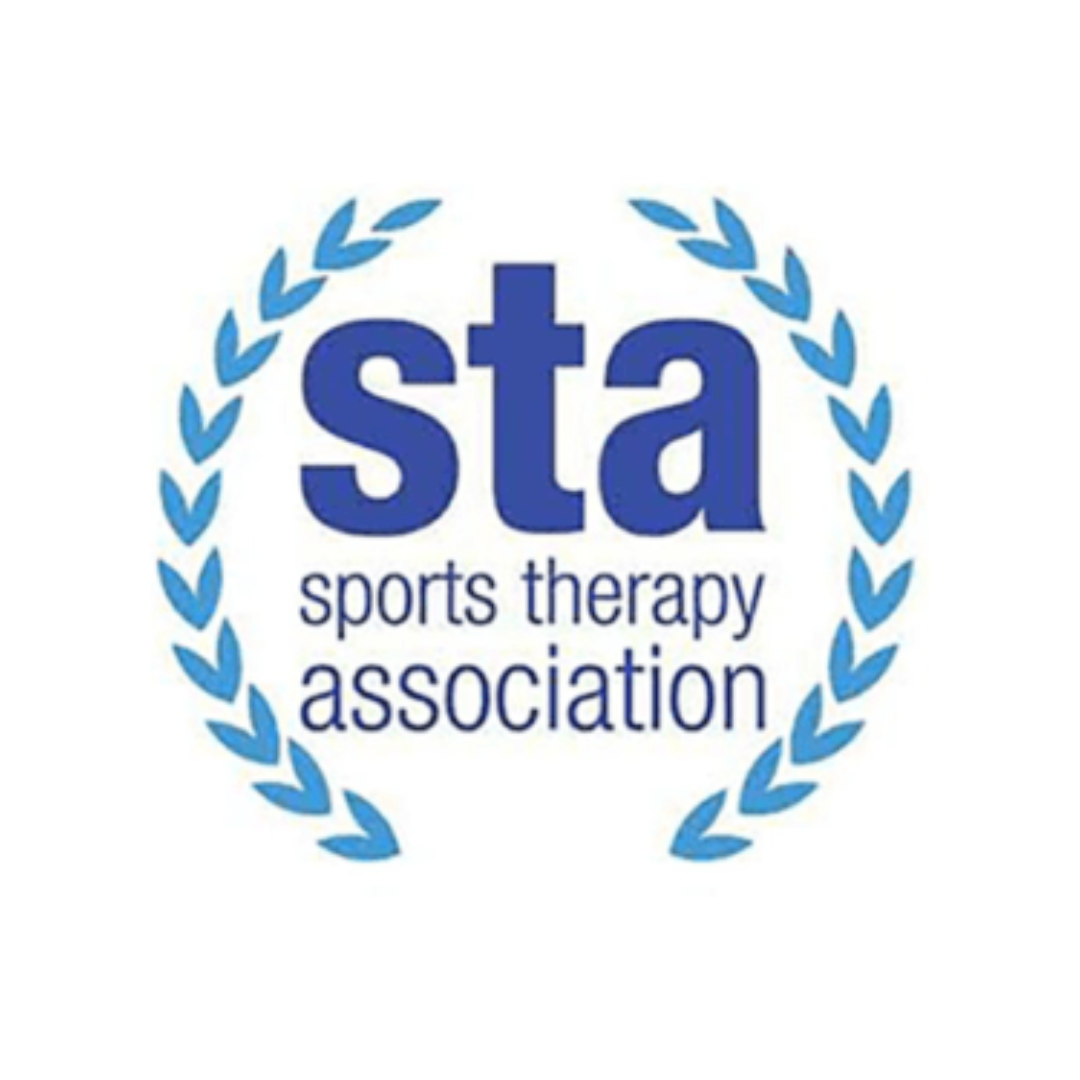
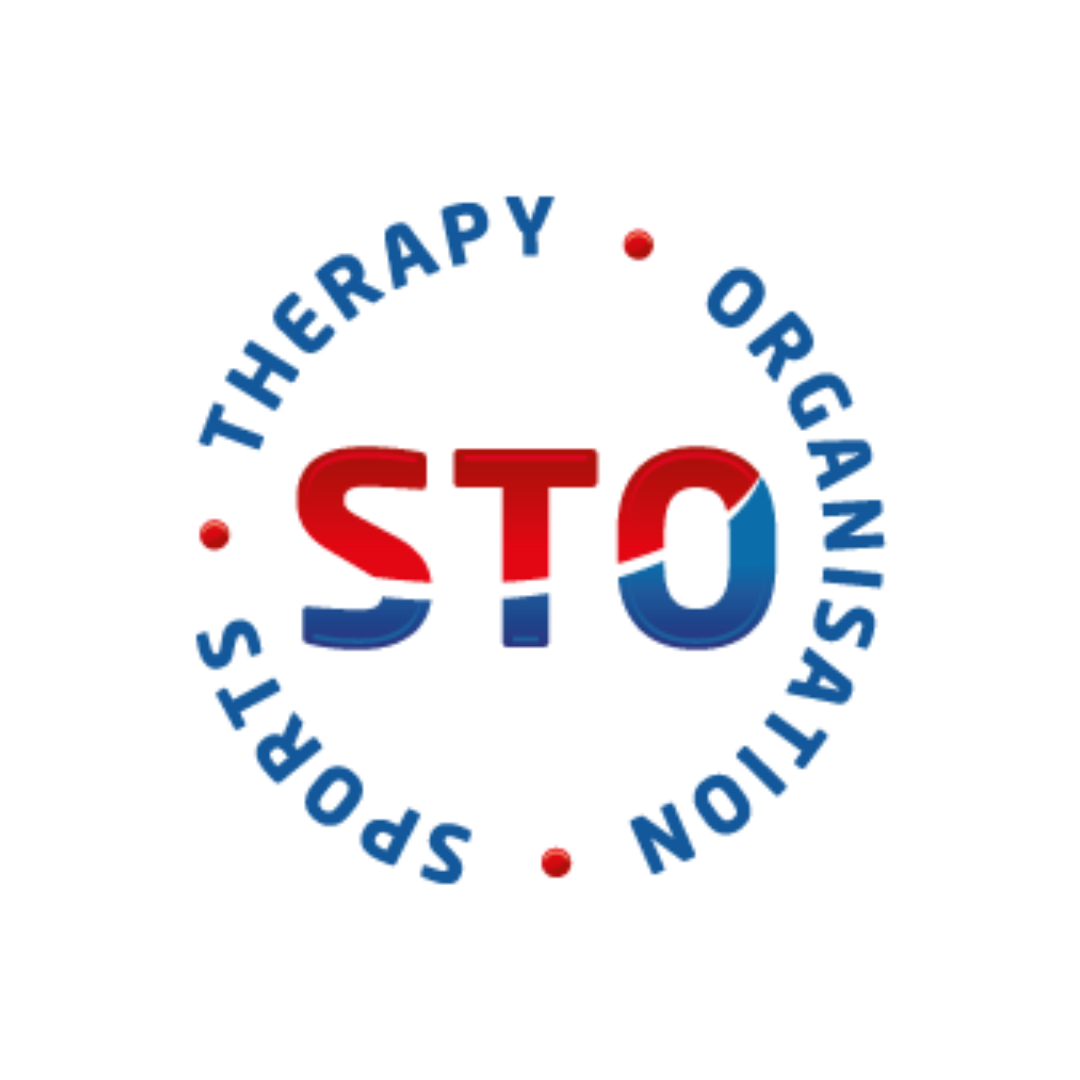

.png)
